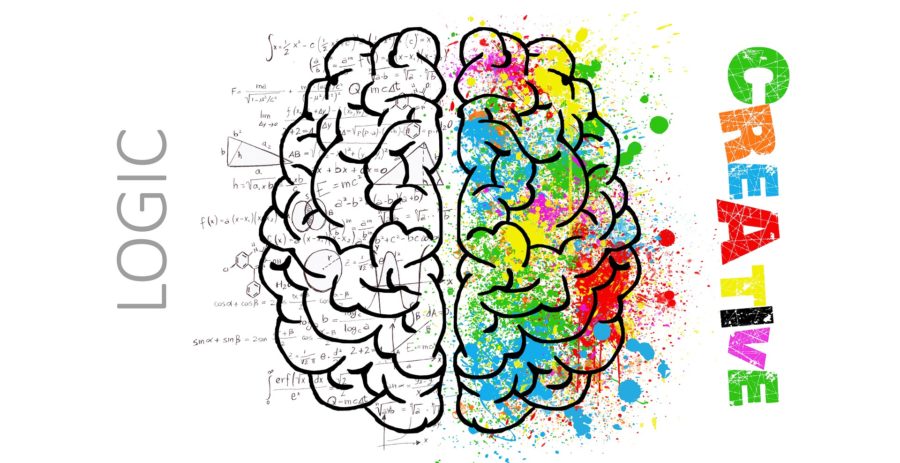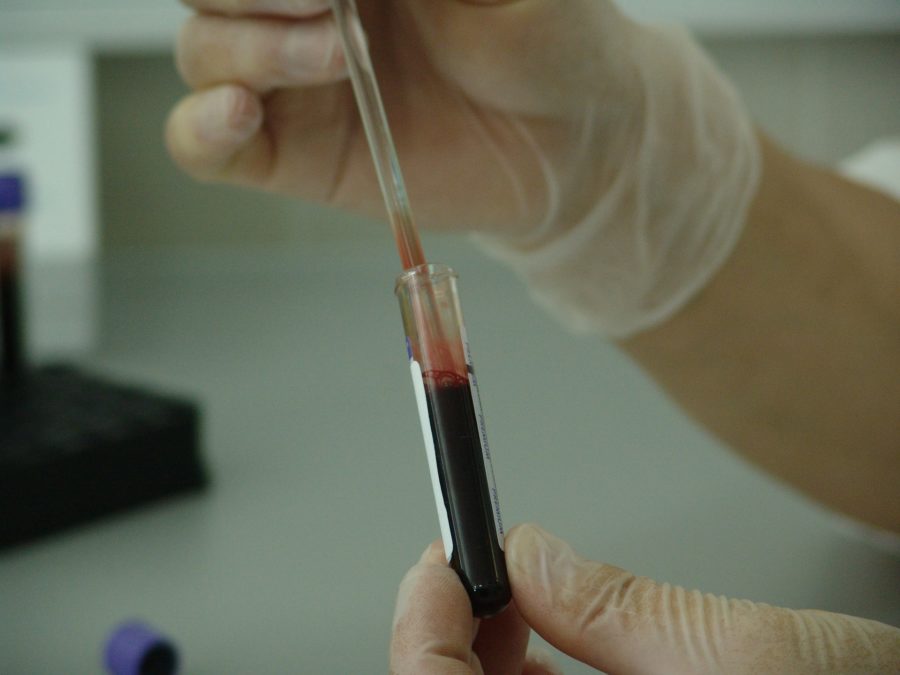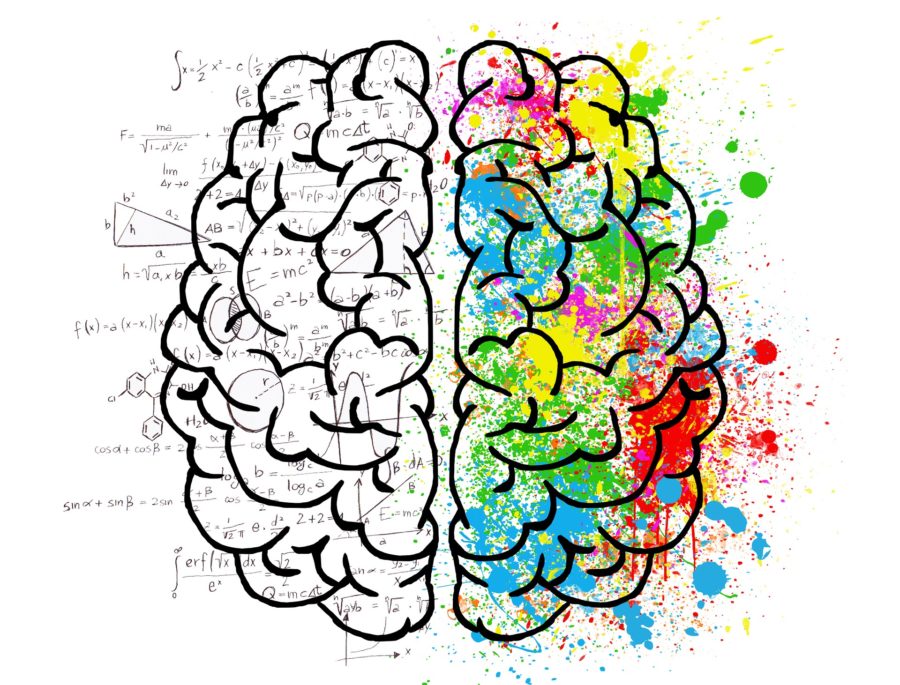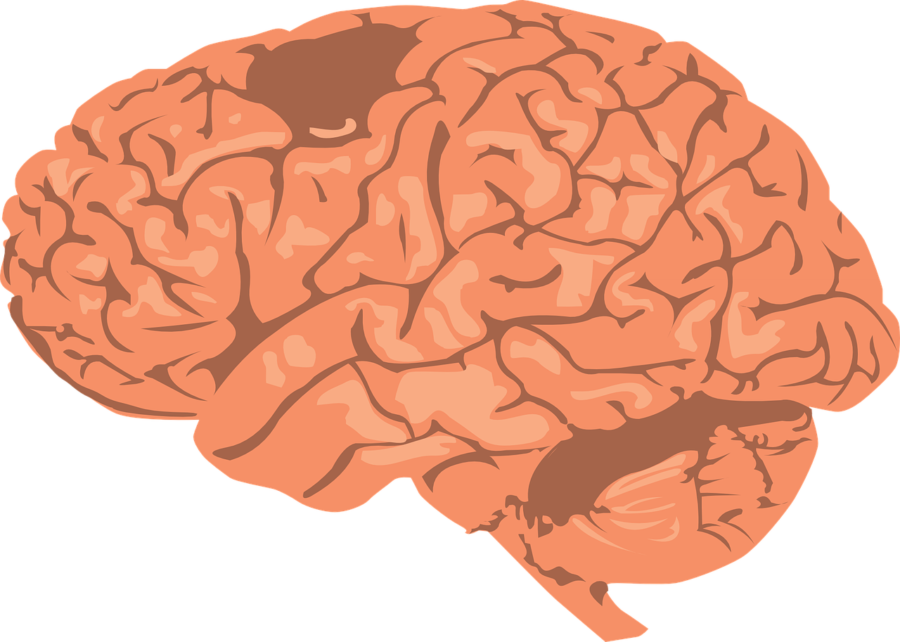Scientists at Northwestern University have developed the first blood test that can diagnose major depression in adults. This new approach provides the very first scientific diagnoses for depression.
Previously, diagnosing depression was based on subjective symptoms: sadness, fatigue and appetite changes. This method caused some difficulties, because patients may report their symptoms inadequately or the physician may have a difficult time interpreting what the symptoms are.
“This test brings mental health diagnosis into the 21st century and it offers a personalized medicine approach to people suffering from depression,” said Eva Redei the developer of the test at Northwestern University Feinberg School of Medicine.
For the first time, doctors will be able to utilize lab results in order to determine what kind of treatment(s) will work best for each individual.
Based on the behavior of certain markers in blood tests, it will also predict which patients will benefit from cognitive behavior therapy.
Doctors can take blood samples after 18 weeks of therapy to see if the markers have changed and if the patient still feels depressed.
The test study was done on 32 patients between the ages of 21 and 79. Each patient had been independently diagnosed as depressed in an interview. They also included 32 non-depressed control patients in the same age range.
The scientists found that nine RNA blood markers used in the test were significantly different in the depressed patients than that of the control patients.
Scientists used these markers to check the levels of the 32 patients diagnosed with depression 18 weeks after therapy, who had reported not longer feeling depressed, and noticed their levels had dropped significantly.
Test that predict who will benefit from the cognitive behavioral therapy are based on a distinct pattern in the nine RNA markers. Those who did not improve during the 18 weeks of therapy did not show the same pattern.
Information compiled from Sciencedaily.com








